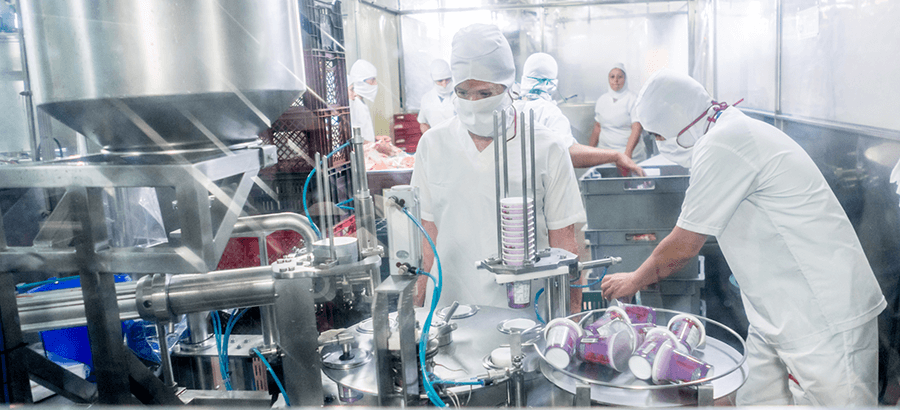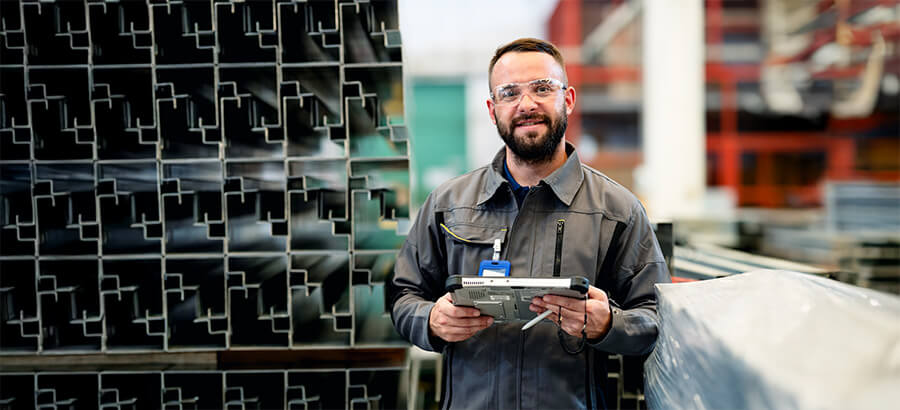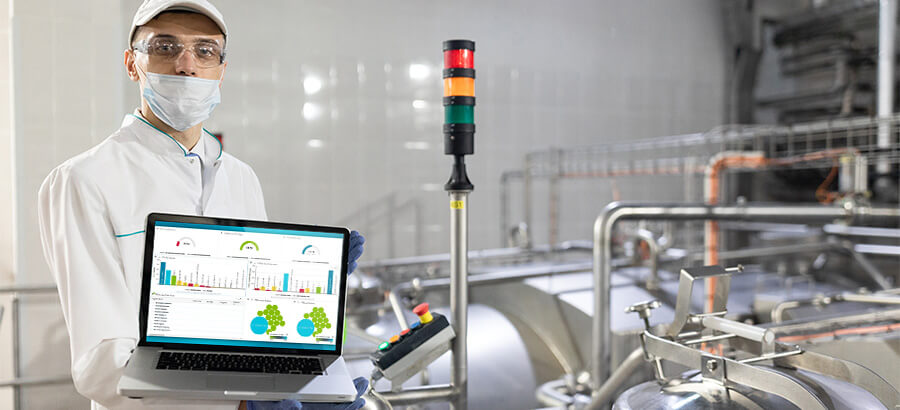If you are a food manufacturer, you have probably pondered this critical question more than once: “Do I have the necessary infrastructure in place to ensure I am able to seize new opportunities and grow at a successful rate?”
These days, food and beverage companies are facing tougher challenges than ever before. The food industry has become increasingly complex for manufacturers to navigate and remain compliant. In the highly competitive food marketplace, the demands can soon start to outgrow your business and suddenly you’re slapping on Band-Aids without a passing thought for the implications on long-term growth.
The good news is that some growing pains are avoidable, as long as you have invested in the right infrastructure – the people, processes and technology that will enable effective handling of the challenges that come with rapid transition.
So how can today’s food and beverage manufacturers use the technology of business solutions to manage the challenges associated with this complex industry?
- Food Safety Regulations
Food safety is the primary concern of consumers with Salmonella, E.coli, SARS, mad cow disease, and genetically modified organisms cropping up around the world.
The ability to track (farm to fork) and trace (fork to farm) details per product, or per lot, is critical in the food industry. For food manufacturers and distributors, having the technological means to trace ingredients, parts, and lots can have a huge impact on food manufacturing operations.
- Product and Raw Material Traceability
The increasing need for food manufacturers to focus on compliance and traceability initiatives is significant across the globe as commercial pressures grow to meet regulatory mandates.
By mitigating the risk of product recalls, reducing manufacturing costs, and quality controlling end-to-end traceability of processes, food manufacturers will also be able to successfully reduce inefficiencies within their supply chain.
- Forecasting and Planning
The disconnect between sales and operations (and supply chain initiatives) on what should be produced and when, and where it is needed, is a very common challenge for food and beverage manufacturers.
The automation of key business processes, including master scheduling, factory scheduling, costing, capacity, materials verification, etc., can have a profound impact on a manufacturers overall operations – and ultimately its bottom line.
- Reducing Inventory Levels
Food and beverage companies are constantly introducing new products, adding variations to recipes and ingredients, and adjusting package sizes to increase sales.
Inventory can be both the problem and the solution to many challenges experienced in the food arena.
A successful supply chain management strategy that incorporates a dedicated planning and forecasting solution, relieves a lot of the pressure around launching new products, meeting seasonal shifts in demand, and transitioning to new packaging standards.
Successful automation and ERP technology can provide the means to handle the complexities of the food and beverage industry, where the challenges of regulatory compliance and quality for products, demand for faster inventory turns and accurate deliveries and safety issues are critical.








1 thought on “Is Technology Enabling or Enslaving your Food and Beverage Business?”
Thank you for sharing such an informative and useful post, Where you you have shared some tips for industrial manufacturing blogs. Keep giving updates so that it will be beneficial for industrial areas. We provide a high-pressure homogenizer, liposome extruder, sanitary heat exchanger, diamond interaction chamber and high-pressure gauge compatible for other brands of high-pressure homogenizer, pump and microfluidizer.